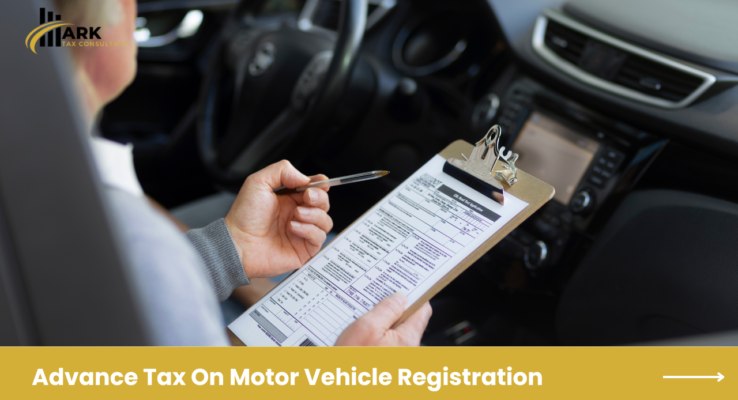
Tax compliance is a crucial aspect of owning and registering a vehicle in Pakistan. One often misunderstood component of this process is the withholding tax (WHT) on motor vehicle registration. Whether you’re a car dealer, a tax professional, or a vehicle owner, understanding this tax is essential for staying lawful and avoiding penalties.
This blog demystifies the concept of withholding tax on motor vehicle registration in Pakistan. We’ll explore its legal framework, provide a detailed guide for car dealers, offer compliance tips for tax professionals, and share helpful advice for vehicle owners.
Withholding tax, often referred to as an Advance Income Tax in this context, is a form of mandatory tax collected by the Excise and Taxation Department in Pakistan at the time of motor vehicle registration. This tax serves as a government mechanism to ensure tax compliance by documenting taxable individuals or entities based on their vehicle purchases.
The withholding tax system is directly tied to an individual’s income brackets as outlined by tax laws in Pakistan. The premise is simple vehicles are considered a luxury, so owning one implies a level of income or financial stability. To ensure accountability, the government collects an upfront advance tax based on the type, engine capacity, and registration status of the vehicle. These funds are later adjusted against an individual’s annual tax returns.
For example:
The withholding tax on motor vehicle registration is grounded in Section 231B and Section 234 of the Income Tax Ordinance, 2001. These provisions provide clear directives for vehicle taxation in Pakistan.
The Federal Board of Revenue (FBR) has established different tax rates for tax filers and non-filers:
For example, as per recent FBR updates:
Understanding these rates is critical for compliance and budgeting your vehicle expenses accurately.
Car dealers in Pakistan serve as intermediaries between buyers and the tax compliance system. Here’s a step-by-step guide to ensure that withholding tax obligations are met:
Use the FBR’s latest rate schedule to determine the withholding tax applicable for the vehicle. Consider its engine size and whether the buyer is leasing the car or paying in full.
The withholding tax must be deposited into government accounts promptly. This ensures legal compliance and avoids penalties.
Providing a tax deduction certificate to customers is essential. It serves as proof of payment and can be used during their annual tax return filing process for adjustments or claims.
Compliance not only fosters trust with customers but also ensures your dealership remains legally sound.
For tax professionals assisting clients in Pakistan, withholding tax compliance is a key responsibility. Here are a few strategies to streamline the process:
Encourage vehicle owners to file tax returns to qualify as filers and enjoy lower withholding tax rates. Filing income tax also ensures smoother financial transactions in other aspects of life.
Maintaining well-organized client records can simplify calculations and ensure timely submission of taxes.
Tax authorities frequently update withholding tax rates and policies. Subscribe to FBR notifications to stay informed.
Assist clients in claiming advance tax payments on their annual income tax returns. This demonstrates your expertise and adds value to your services.
By ensuring legal compliance and helping clients mitigate costs where possible, tax professionals can enhance both their reputation and client relationships.
Vehicle owners often find withholding tax confusing. Here are a few helpful tips to stay informed and compliant:
Verify your filer status through the FBR website. Becoming a filer can significantly reduce the withholding tax you’ll pay while providing additional financial benefits.
When purchasing a vehicle, factor in the withholding tax along with the purchase price and registration fees.
Always ask your car dealer for the tax deduction certificate. This will serve as your payment proof.
Don’t forget to include the withholding tax amount when filing your tax returns to claim the adjustment.
Tax rates change periodically, so stay updated with FBR announcements to avoid surprises.
Being proactive about these steps can save you from unnecessary expenses and legal hassles.
Withholding tax on motor vehicle registration may seem complex, but a clear understanding of its legal framework and compliance steps can make the process simple and hassle-free. Whether you’re a car dealer ensuring correct tax practices, a tax professional advising your clients, or a vehicle owner registering your next car, staying informed is key to avoiding penalties and maximizing financial benefits.
Need further guidance? Reach out to a tax advisor or visit the FBR website to explore the latest updates on withholding tax rates. By prioritizing compliance, you’re not just following the law—you’re contributing to a better, more transparent taxation system in Pakistan.